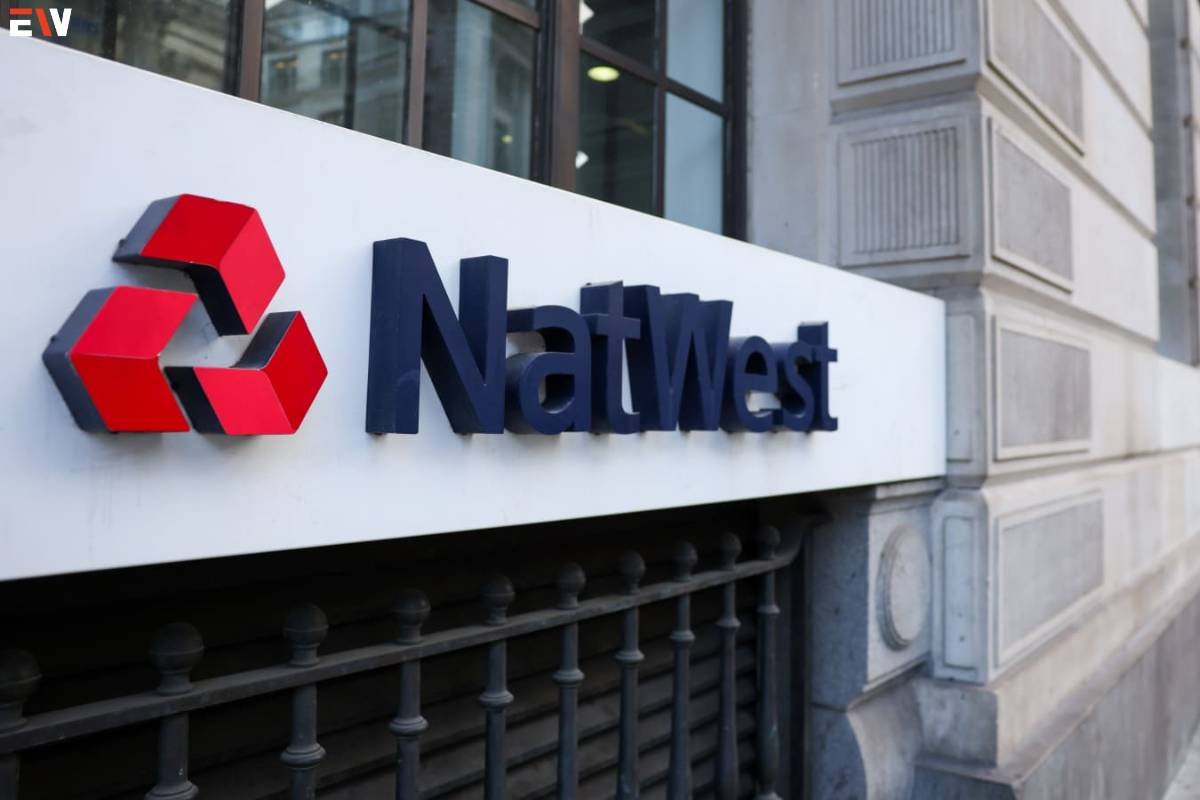London, UK – In a significant development, Britain’s Financial Conduct Authority (FCA) announced on Friday that it had uncovered potential “regulatory breaches” in NatWest’s handling of the decision to close the accounts of former Brexit Party leader Nigel Farage. The revelation sent shockwaves through the financial market, causing NatWest’s shares to plummet by as much as 17.7% in its most substantial drop since the Brexit vote in June 2016. This crisis for the bank coincided with disappointing third-quarter results and a downward revision of its performance outlook.
The Financial Conduct AuthorityStatement
The Financial Conduct Authority statement came shortly after NatWest’s acknowledgment of an initial review into the “debanking” of Farage, which revealed shortcomings in the bank’s treatment of him. NatWest contended that its actions were primarily driven by commercial considerations and were executed lawfully. In response to these findings, Farage issued a statement characterizing the report as a “whitewash.”
The bank’s tumultuous journey began when its private bank, Coutts, decided to sever ties with Nigel Farage earlier this year, leading to a political backlash and ultimately costing former CEO Alison Rose her position. In response to this predicament, NatWest has pledged to announce a decision regarding whether to dock Rose’s pay in connection with the matter “as soon as possible.” The bank’s woes were further exacerbated by the Information Commissioner’s Office, which concluded that Rose had violated data protection rules by briefing a journalist about Farage’s account. This has added pressure on NatWest to curtail Rose’s payout.
Customer-Related Broader Concerns
The Financial Conduct Authority investigation is now scrutinizing whether there are broader concerns related to the fair treatment of customers, although it has not divulged any details about potential enforcement actions at this stage.
A document uncovered by Nigel Farage in July revealed that an internal committee at NatWest had cited a misalignment of views with the bank as a basis for terminating his relationship with them. This was alongside other commercial considerations.
Economic Challenges
This upheaval within NatWest arrives at a precarious time when the entire banking industry grapples with a challenging economic outlook, heightened risk of loan defaults due to the rising cost of living, and mounting pressure from fierce competition for savings and mortgage products, squeezing their profit margins.
Despite the turmoil, NatWest reported a pre-tax profit of £1.3 billion ($1.58 billion) for the July-September quarter, compared to £1.1 billion in the previous year, closely aligning with analyst forecasts. However, the bank did report a decline in its net interest margin (NIM), a key indicator of lending profitability, which came in at 2.94%, down by 0.19 percentage points, as customers transferred their savings from non-interest-bearing accounts to those offering better returns. Consequently, NatWest revised its margin forecast for the full year, reducing it to “greater than 3%” from the earlier projection of around 3.15%.










